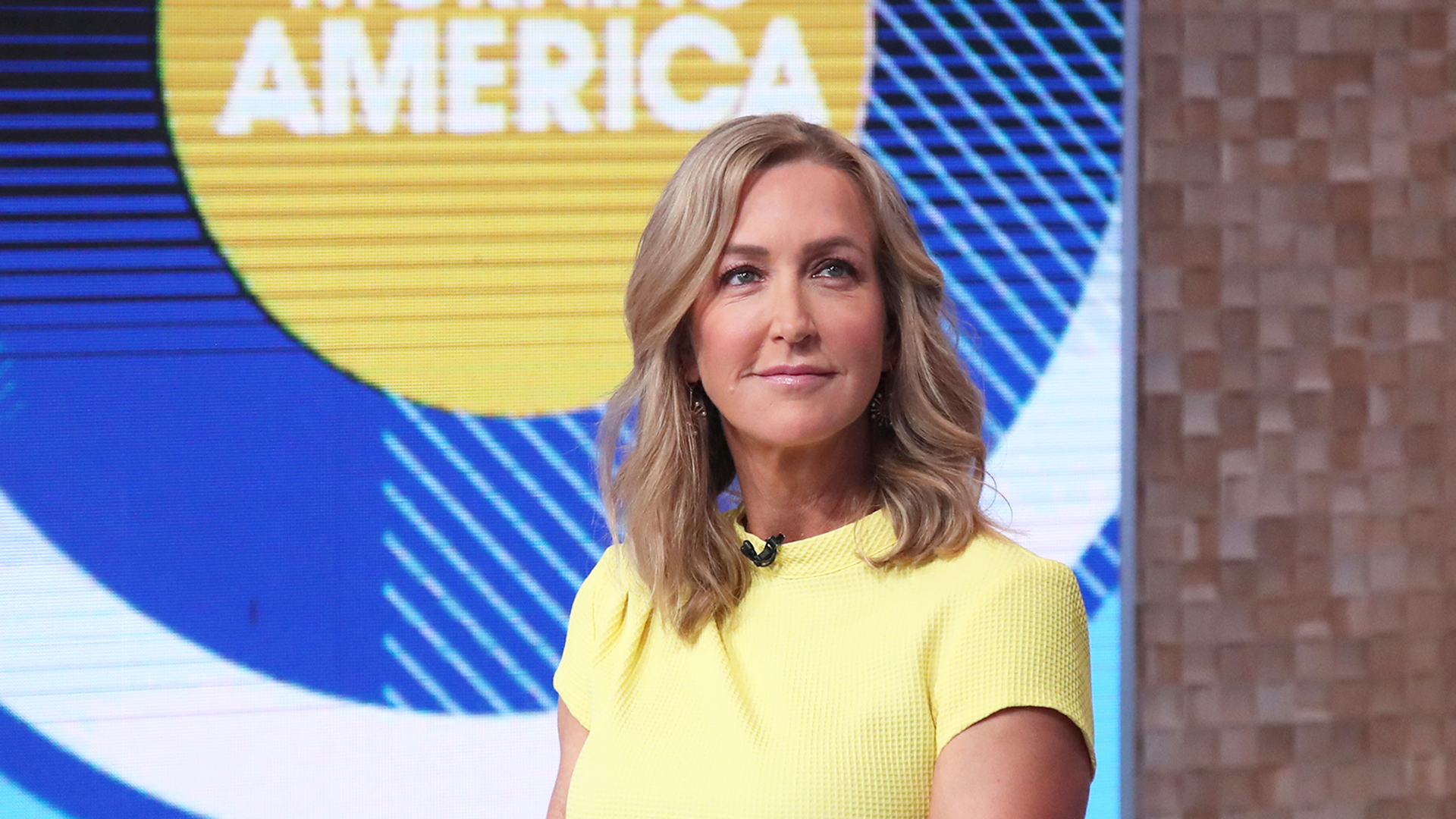Lara Spencer Once Turned to a Therapist for Help Reconnecting with Her Child After a Period of Emotional Distance—but the Results Were Surprising

In the fast-paced world of parenting, it’s easy to experience periods of emotional distance between a parent and child. Lara Spencer, a well-known television personality, found herself grappling with this challenge. Faced with the difficulty of reconnecting with her child, Lara chose to seek professional help through therapy. Her journey illustrates the essential need for emotional connection in family relationships and the transformative power of seeking support.

As a celebrated figure on television, Lara Spencer often shares her experiences with her audience. However, her achievements did not shield her from the struggles that many parents face. Maintaining a strong bond with her children became increasingly challenging during a particularly busy time in her life. The emotional distance that crept in left both Lara and her child feeling isolated, leading her to recognize the need for change.
The Decision to Seek Help

Making the decision to seek help can be daunting, especially for parents who may feel pressure to navigate their roles independently. Lara’s choice to visit a therapist was pivotal; it marked a willingness to confront difficult emotions and work towards healing. Through therapy, she explored the underlying causes of the emotional disconnect she felt with her child.
The therapeutic process provided Lara with tools to better understand her feelings and the emotional landscape of her child. She learned the importance of communication and expressed that therapy is not just for those in crisis; it can also be a proactive approach to foster healthier relationships. This perspective encouraged her to tackle the issue head-on, allowing her to create a safe space to rebuild trust and openness between her and her child.
Rebuilding the Emotional Connection

During her therapy sessions, Lara addressed several contributing factors that had led to the emotional distance between her and her child. One significant aspect was the change in her daily routines and responsibilities, which inadvertently affected their relationship. Through guided sessions, she learned to prioritize quality time, ensuring that she was present both physically and emotionally when engaging with her child.
Furthermore, Lara explored various communication techniques that enhanced her ability to listen and respond effectively to her child’s needs. By practicing active listening, she fostered an environment where her child felt heard and valued. This fundamental shift in their interactions led to significant improvements in their relationship, highlighting the therapeutic principle that understanding and empathy are keys to reconnecting with loved ones.
The Results: A Stronger Bond

The results of Lara’s commitment to therapy were indeed transformative. Not only did she manage to bridge the emotional gap, but she also developed a deeper appreciation for the nuances of parenting. The experience became a learning opportunity for both herself and her child, teaching them valuable lessons about resilience and adaptability in their relationship.

As Lara reflects on her journey, she emphasizes that seeking help is a sign of strength, not weakness. Therapy provided her the insights she needed to connect with her child, reiterating the importance of emotional health within families. Their relationship flourished as they embraced open communication and built a foundation of trust and understanding.
Lara Spencer’s experience serves as a reminder that many families encounter challenges that can strain relationships. However, with the willingness to seek help, engage in difficult conversations, and prioritize emotional reconnection, healing is possible. Her story encourages parents everywhere to reflect on their interactions and seek support when they face emotional hurdles.
Conclusion

In the journey of parenthood, emotional distance can create barriers between parents and children. Lara Spencer’s decision to seek therapy exemplifies the positive outcomes that can result from addressing these challenges. If you or someone you know is facing similar struggles, consider taking the first step towards healing by seeking professional support. It could be the catalyst for a stronger, more loving bond with your child.





